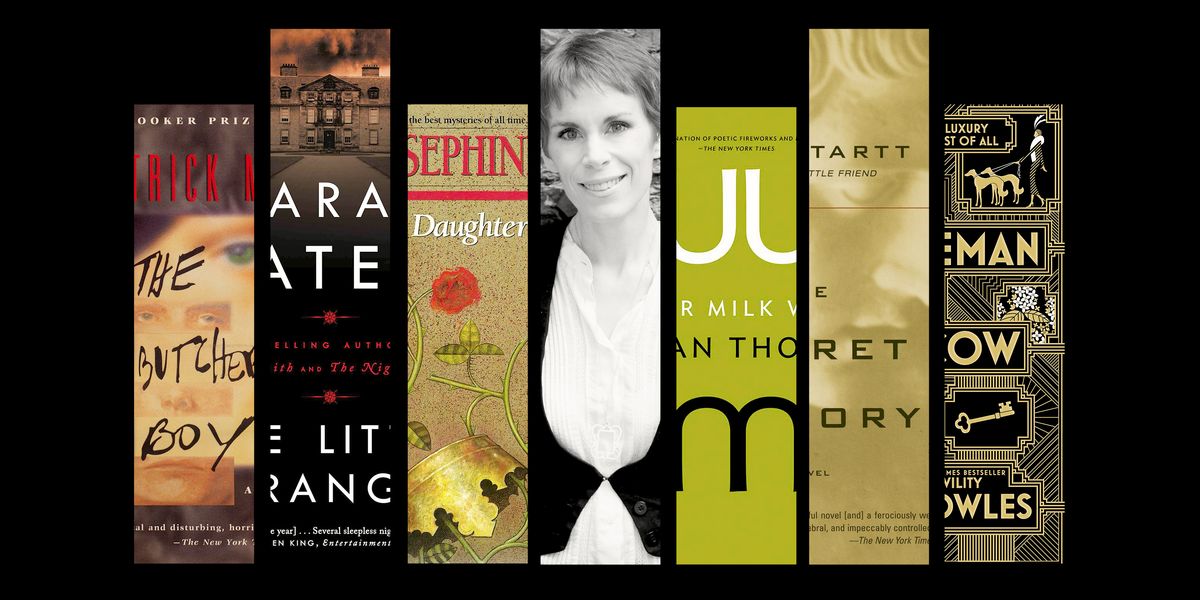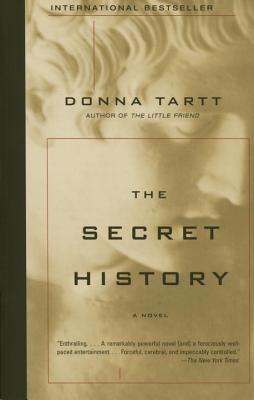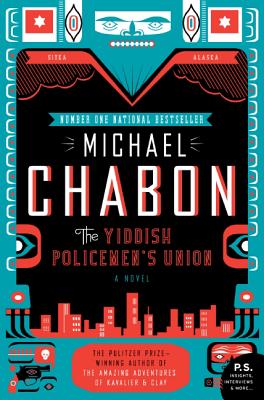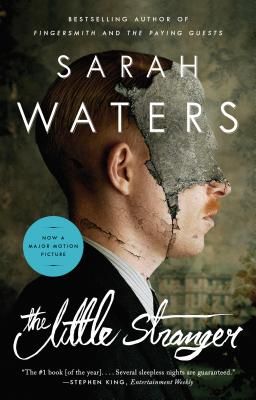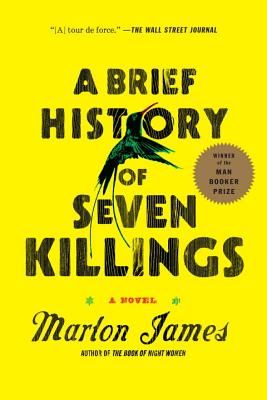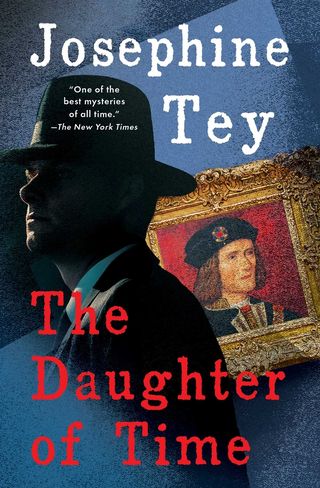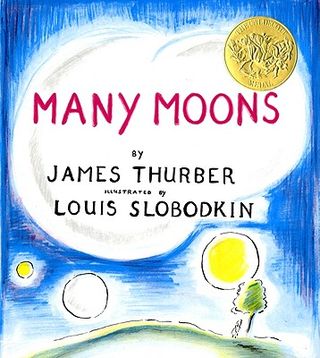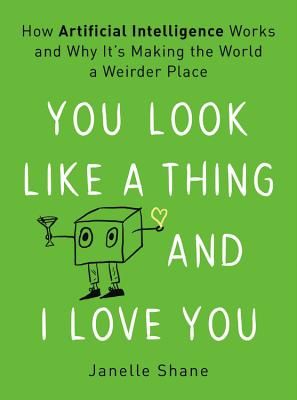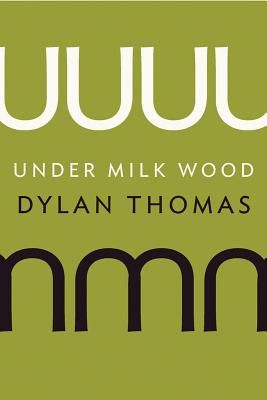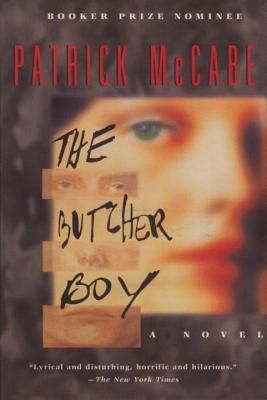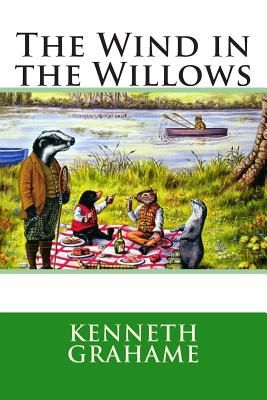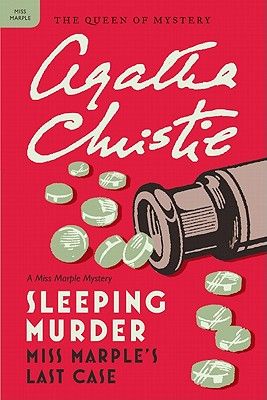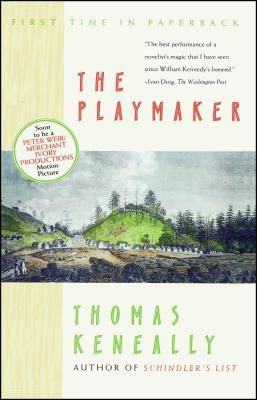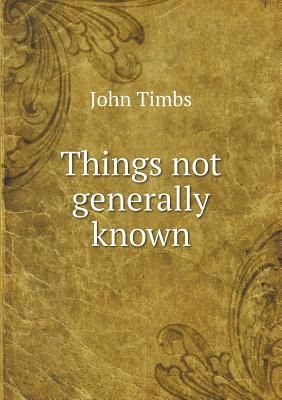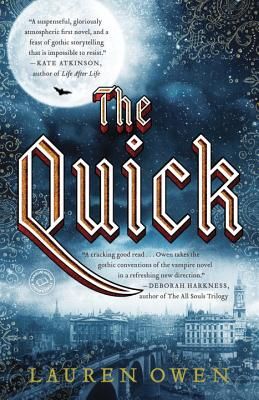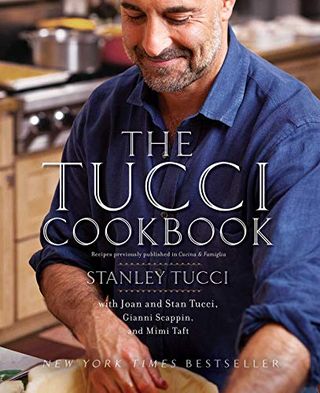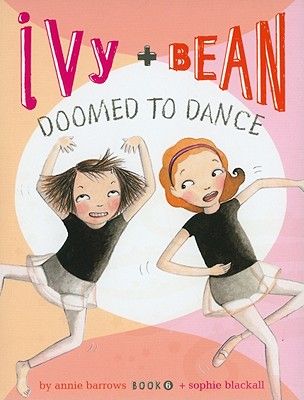Welcome to Shelf Life, ELLE.com’s new books column, in which authors share their most memorable reads. Whether you’re on the hunt for a book to console you, move you profoundly, or make you laugh, consider a recommendation from the writers in our series, who, like you (since you’re here), love books. Perhaps one of their favorite titles will become one of yours, too.
Tana French’s eighth and most recent literary mystery, The Searcher (Viking), joins her previous seven as a New York Times bestseller. Six of those made up the Dublin Murder Squad books—each narrated unreliably by a different detective—and formed the basis of the Starz TV series Dublin Murders. The daughter of an economist for the developing world, the Vermont-born, Dublin-based author has lived in Malawi and Italy (she has dual U.S./Italy citizenship). She loves Tom Waits; is lefthanded; has two children; just picked up the guitar again; and wanted to be an archaeologist as a child (the idea for her first book, In the Woods, came to her on a dig). She was so convinced she wouldn’t win the Irish Book Award for Crime Fiction that she wore the same dress she had on when she won it four years earlier—and won again. She was also once a theater actor after studying drama at Trinity College. The stage’s loss is our gain!
The book that…
…kept me up way too late:
The Secret History by Donna Tartt. I started it on a plane, read my way straight through a night flight across the Atlantic, got home and kept reading till the last word. I don’t think I’d have noticed if the plane had crashed.
…I recommend over and over again:
The Yiddish Policemen’s Union by Michael Chabon. It’s a noir novel, but a huge, lyrical, wildly original, alternative-history one. I love the breadth of imagination, the joy with which Chabon juggles language, the way he can make a character leap off the page with one perfect phrase, the way he switches effortlessly from laugh-out-loud funny to unsettling to deeply moving.
…I keep trying to finish (I will, I swear):
The Little Stranger by Sarah Waters. It’s beautifully written, with a slowly building atmosphere of unease and eerieness. About a third of the way in, I got spooked enough that my husband gently suggested that maybe I should put the book away. I still really want to go back to it, but now doesn’t seem like the time.
…currently sits on my nightstand:
I’m rereading A Brief History of Seven Killings by Marlon James. It’s a ferocious, atmospheric, wonderfully written book, with vast, fearless scope, and I’m blown away by the expertise with which he brings to life a dozen vivid and completely distinct voices.
…changed my mind about something:
The Daughter of Time by Josephine Tey. I read it as a teenager, and it changed my assumption that Richard III had the Princes in the Tower killed—but it also changed the way I see history. That was when I realized that the history we’re given is selective, it’s skewed, it’s re-shaped over time to fit various shifting narratives and agendas. I’m a lot more careful about checking sources—not just for history, but for news—since I read that book.
…I’d pass onto my kid:
Many Moons by James Thurber. It’s quirky, mysterious, funny, and beautiful. I still have my old childhood copy, which I think may have been my dad’s childhood copy as well—it’s from 1943.
…made me laugh out loud:
You Look Like a Thing and I Love You, a short, smart discussion of artificial intelligence by Janelle Shane. Her neural net’s efforts to come up with recipes completely cracked me up. The title is its idea of a pickup line.
…I wish I’d written:
Under Milk Wood by Dylan Thomas, a play about the life of a small Welsh town over one day. Thomas creates a whole world and lets us wander around it. And the writing is stunning: “Lazy early Rosie with the flaxen thatch, whom he shared with Tom-Fred the donkeyman and many another seaman, clearly and near to him speaks from the bedroom of her dust. … Remember her. She is forgetting. The earth which filled her mouth is vanishing from her.” If I ever wrote anything that perfect, I’d be a happy writer forever.
…I last bought:
Is There a Dog in This Book? by Viviane Schwarz. My little niece has a birthday coming up, and every kid should have this book. As a cat person, I especially like the fact that the cats think in full sentences and the dog thinks in stick figures.
…has the best opening line:
The Butcher Boy by Patrick McCabe. “When I was a young lad twenty or thirty or forty years ago I lived in a small town where they were all after me on account of what I done on Mrs. Nugent.” And just like that, you’re inside the narrator’s head and you’re not getting anything else done today.
…made me want to be a writer:
I blame my career choice on my dad reading me The Wind in the Willows by Kenneth Grahame when I was five or six. I can still remember hearing him read the sentence, “Never in his life had he seen a river before—this sleek, sinuous, full-bodied animal…” That was when it hit me what words can do.
…I consider literary comfort food:
I’ve been rereading a lot of Agatha Christie. Right now I want a world where I know that the crisis will end, good and bad will be neatly sorted out and put where they belong, and somehow everyone will move on without being particularly traumatized by anything that’s happened. My favorite is Sleeping Murder for the haunting atmosphere.
…everyone should read:
The Playmaker by Thomas Keneally. It’s the story of a play put on in 1789 by the first bunch of convicts transported to Australia. The book is a passionate call to understand that the arts aren’t a trivial luxury, or a pretentious elitist indulgence, or a sinister corrupter of moral fiber. They help us make sense of our own emotions and experiences, give us the empathy to treat one another with respect and kindness, offer us the vision to transform our lives, and raise us into a cohesive society. They’re an essential, and they need to be available to everyone.
…I could only have discovered at…Greene’s on Clare Street:
Years ago, I was in Dublin’s oldest bookshop, Greene’s on Clare Street, which was basically a 250-year-old building jammed from floor to ceiling with every kind of book you can imagine. I picked up an 1880 copy of a book called Things Not Generally Known by John Timbs. It tells you stuff like the laws around jetsam, flotsam, and ligan, a story about a seventeenth-century maid who thought her employer’s watch was a devil, and how to roast a pound of butter.
…fills me with hope:
During lockdown I reread Amor Towles’s A Gentleman in Moscow. It’s a wonderful book at any time, and this time it brought home to me how people find ways to be happy, make connections, and make a difference to one another’s lives, even in the strangest, saddest, and most restrictive circumstances.
…surprised me:
The Quick by Lauren Owen. I got a sneaky early copy, so I didn’t get spoilered by the back cover or any reviews. I was happily reading along, enjoying a beautifully atmospheric Victorian coming-of-age story, when all of a sudden: wait, WHAT?!
…I asked for one Christmas as a kid:
The Children of Green Knowe by Lucy M. Boston. I kept checking out the school library copy and not wanting to give it back. I don’t think I got it for Christmas, though, because we lived in Malawi and there wasn’t a wide range of books available to buy. I have an awful feeling that in the end, I told the school I’d lost it.
…that holds the recipe to a favorite dish:
Stanley Tucci’s The Tucci Cookbook has a great recipe for fettuccine with shrimp and tomato—simple, quick and delicious. It also has the recipe for the famous timpano from Big Night, but that one needs a much higher level of organizational skills than I’ve got.
…taught me this Jeopardy!-worthy bit of trivia:
Starfish have eyes at the tips of their arms. Courtesy of Ivy and Bean: Doomed to Dance by Annie Barrows.
This content is created and maintained by a third party, and imported onto this page to help users provide their email addresses. You may be able to find more information about this and similar content at piano.io
